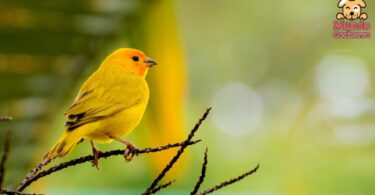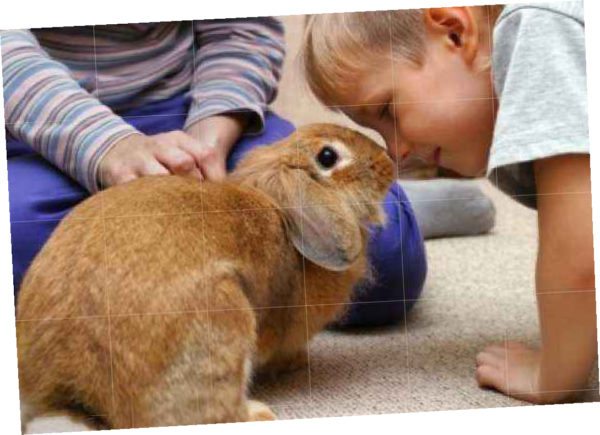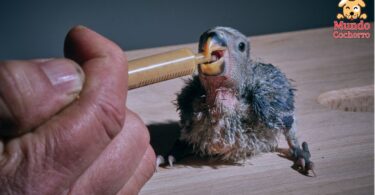Having a bird at home can change the whole energy of your home. Their songs and the colorful plumage of many species make them perfect pets to keep at home. But, having a pet of any species also implies that you must provide it with the necessary care to keep it happy and healthy. In the case of birds, we tell you about 6 keys to a perfect cage.
Of course, it must be remembered that different species of birds may have different needs. This is mainly in terms of the space they need to deploy. However, there are always general recommendations to take into account when choosing a cage, such as the ones in this post.
6 keys to the ideal cage
In general and as the most important recommendation, you can consult your veterinarian about any special needs your bird may have. For example, temperature, feeding and other aspects.
Here are the 6 keys for the best cage
- Size. The size of the cage must be spacious enough for the bird to stretch its wings and play. And it should even be the right size so that it can fly a little. As a recommendation, the cage should be twice the size of the bird’s outstretched wings. It is important to know that this has to be fulfilled in any direction of the cage.
- Shape. Although there are cages of different designs that can be very attractive as decorative objects, it is recommended that your bird’s cage be rectangular or square. It is not recommended to be circular or round. The reason for this is simple: the bird will be able to fly in a straight line and possible injuries from collisions with curved edges will be avoided.
- Material. Although metal cages tend to be the most common, you can find wooden or plastic cages on the market. In any case, the cage must be constructed in such a way that it is safe for the bird and its material must be resistant. Always avoid sharp parts or parts with sharp areas that could cause injury to the bird.
- Location. The bird’s cage will be its habitat, its safe place. For this reason, care must be taken with the location inside the house. The bird must be able to interact with its environment, because if it is isolated it could become depressed. It must also be protected from possible air currents that could cause cooling. The cage must be protected from sudden temperature changes and excessive noise.
- Accessories. Birds need to be active and exercise. For this reason, their cage must be provided with certain accessories that allow them to be stimulated. For example, you can place perches of different sizes on which he can climb up and down and exercise his paws. You can also place a bathtub, remembering that many species love to take fresh water baths.
- Cleanliness. Last but not least, your bird’s cage must have proper hygiene. It should be cleaned regularly of feces and food debris and fresh water should always be available.
Image courtesy of https://pixabay.com, all rights reserved.







